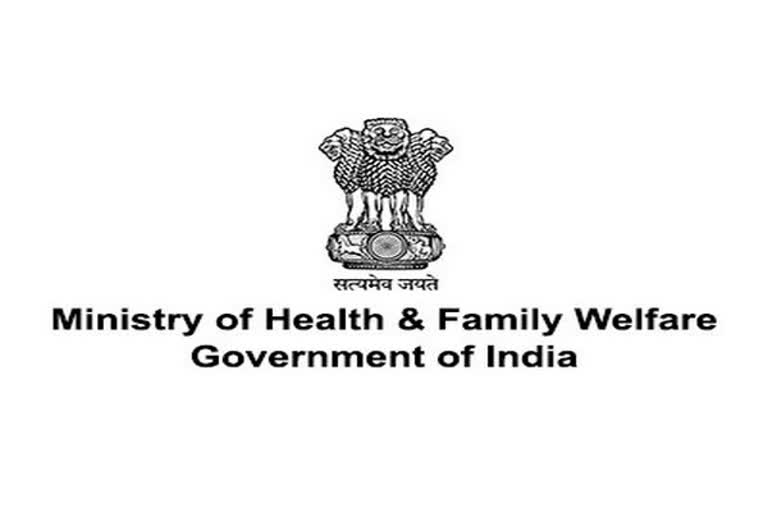New Delhi: The Union Health Ministry on Thursday in a letter to States and Union Territories has asked to make Mucormycosis or black fungus a notifiable disease under the Epidemic Diseases Act 1897.
In the letter accessed by the media, the Ministry states, "The treatment of this fungal infection requires multidisciplinary approach consisting of Eye Surgeons, ENT specialists, General Surgeon, Neurosurgeon, Dental Maxillofacial surgeon etc. and institution of Amphotericin B as an antifungal medicine. You are requested to make mucormycosis a notifiable disease under Epidemic Diseases Act 1897."
Under this, all government and private health facilities, medical colleges will follow guidelines for screening, diagnosis, management of mucormycosis, issued by the union health ministry and Indian Council of Medical Research (ICMR).
Read: COVID-19 vaccine will be available for all by December: Nadda
The ministry also asked to make it mandatory for all these facilities to report all suspected and confirmed cases to Health Department through the district level Chief Medical Officer and subsequently to the Integrated Disease Surveillance Project (IDSP) surveillance system.
"In recent times a new challenge in the form of a fungal infection namely Mucormycosis has emerged and is reported from many states amongst COVID 19 patients especially those on steroid therapy and deranged sugar control. This fungal infection is leading to prolonged morbidity and mortality amongst COVID 19 patients," the letter also stated.
Read: Portugal donates 5,500 units of Remdesivir to India
The rare fungal infection called 'mucormycosis' or 'black fungus' is on the rise in several parts of the country.
As Rajasthan is seeing a surge in the number of cases of black fungus (Mucormycosis), the state government on Wednesday declared the disease to be considered as an epidemic.
On May 18, the Haryana government also formed regulations called, "The Haryana Epidemic Diseases (Mucormycosis) Regulations, 2021".
Till now, cases of black fungus have been reported in various parts of the country including Karnataka, Uttarakhand, Telangana, Madhya Pradesh, Andhra Pradesh, Haryana and Bihar.
Read: Poor handling of bio-medical waste at IGIMS Patna raises serious concerns
People catch mucormycosis by coming in contact with the fungal spores in the environment. It can also develop on the skin after the fungus enters the skin through a cut, scrape, burn, or other types of skin trauma.
(ANI)



